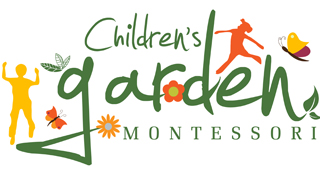Curriculum Overview
Based on 100 years of experience and solid research-based evidence, Montessori values, and academic methods have been practiced by children and teachers on six continents and have emerged as a superior model for meeting the challenges of the 21st century. At Children’s Garden Montessori, we are proud to be guiding the next generation of joyful and peaceful learners.
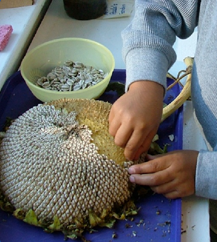
Practical Life
This area of the classroom is designed to invite the young child to work with real life materials that foster independence, coordination (of mind and body), concentration and an appreciation of order. The practical life area contains many objects familiar to the young child all within reach on low shelves, encouraging free choice. Practice with these materials produces self-confidence and true self esteem. This area paves the way for success in other areas as well, incorporating simple to more complex exercises of pouring, scooping, twisting, squeezing, and food preparation.
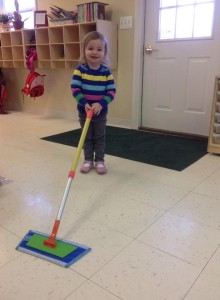
Sensorial
The attractive, concrete materials of this area help the child become aware of details within their everyday world. These scientifically designed materials explore physical properties such as dimension, color, texture, smell, sound, and taste.
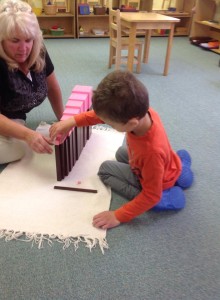
Language
Our classroom provides real opportunities for oral communication and the development of secure language skills. Starting first with oral stories, poetry, rhyming, and singing, these all provide a rich backdrop for the exercises to follow with the sand paper letters, name writing, phonetic writing work, and journaling.
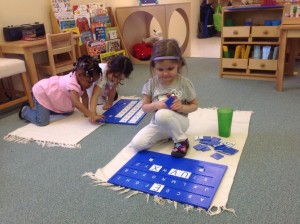
Mathematics
The Montessori materials introduce the child to counting, numerals, the decimal system, addition, subtraction, multiplication, and divisions of numbers. While manipulating these hands-on materials, she/he can assimilate many facts of mathematics.
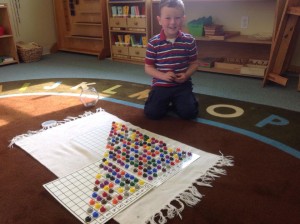
Science and Geography
Science and geography are integral parts of the classroom. Our science curriculum includes a comprehensive introduction to botany, zoology, astronomy, physics, and geology. These materials encourage a child’s life-long interest in the world around them. Our specially-designed maps encourage the child to learn the names of the continents, and then countries within each. The child can develop a genuine respect for their own heritage and that of their friends with an understanding of the world we live in.
The outside garden space at Children’s Garden Montessori offers the children the chance to observe nature through the seasons. Many of our lessons relate directly to the use of the land.
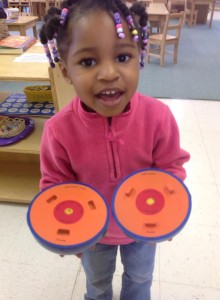
Sign Language
Signing with Preschool Children: Using signs with preschools and kindergartners aids in language and literacy development and helps retrain information better.
How ASL Improves Language Development: Children who learn sign language use both sides of the brain which causes building of connections in the brain. Children who are taught sign language has demonstrated better spelling and larger vocabularies than children who did not learn sign language. They also have a tendency to show better speech and communication skills.
Peace Curriculum
Our simple peace table and peace stone reinforce for each child that even the youngest child can be a helper in setting a peaceful, respectful tone at school. A written set of ground rules help the children feel safe and secure. Literature dealing with the concept of peace, peaceful actions, and respect for all things living round out our message.
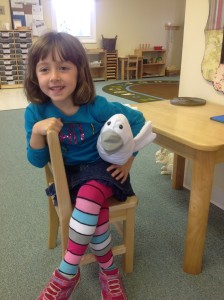
Culture
We study cultures and culture traditions from around the world.
Movement and The Arts
Music and movement time are an important part of our curriculum as well. Our circle time offers children the chance to develop their gross motor skills and an awareness of personal body space.
The arts and art exploration are an integrated part of our curriculum. Through the study of famous artists and techniques, children learn to value their own process and work.
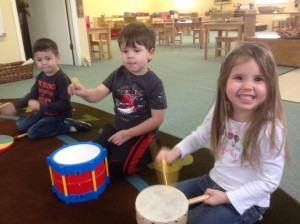
Gardening
Our garden provides a concrete way to reinforce reading, math, and science classroom concepts. It can also expand their understanding of nature and their place in the world. We want our children to be curious, enthusiastic life-long learners, and garden-based learning is an important means to that end.
